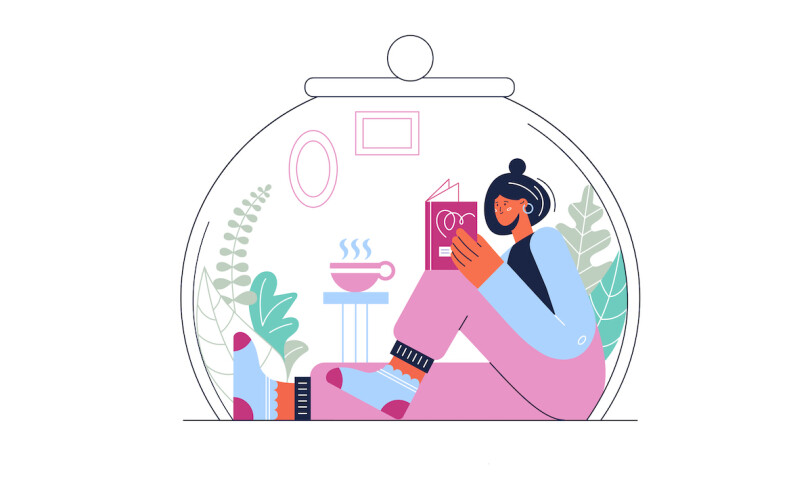Why we hate change but can't live without it
Humans are remarkably intricate creatures. We are the authors of innovation, pushing the boundaries of what is possible. However, we are also creatures of habit, finding solace in the familiar and the known.

We live in a constant tug-of-war between two instincts: the desire for change and the comfort of stability. However, why is this?
The lure of possibility
First, let us discuss the attraction to change. The allure is often rooted in the possibilities that change presents. When we think of change, we often think of betterment, improvement, and progression. Whether in our personal lives or within society, change is seen as the path forward. Evolutionarily, our ancestors who adapted and embraced change often found better environments, food sources, or mates. Hence, seeking change became a survival trait, leading to the betterment of the species.
For instance, technological advancements have reshaped how we live, communicate, and work. It is a testament to our collective hunger for change. We want smarter phones, faster internet, and more efficient transportation because these changes can enhance our quality of life.
The comfort of the known
On the other hand, the stability of the known offers a certain safety. Our brains are wired to prefer predictability. When we know what to expect, we can prepare and protect ourselves. On the other hand, unpredictable scenarios are perceived as threats because they introduce uncertainty.
From an evolutionary perspective, sticking to what is known was safer. The unfamiliar could harbour hidden dangers. Therefore, those who approached the unfamiliar cautiously were more likely to survive and pass on their genes.
Moreover, the inevitable need to adapt comes with change, which requires effort. When presented with a new software or a change in a daily routine, it is not uncommon to feel a sense of dread. This is not necessarily because the change is bad but because the adaptation demands energy and effort.
The fear of loss
However, there is more to our hesitance towards change than just the discomfort of the unknown. There is also the fear of loss. Even if the situation is not ideal, we have invested time, energy, and emotions. The idea of giving up something we have grown accustomed to, even for the potential promise of something better, can be daunting. This phenomenon is known as "loss aversion", where we feel the pain of loss more intensely than the pleasure of gaining something of equal value.
Reconciling the dichotomy
So, how do we reconcile these opposing instincts? Awareness is the first step. Recognising that both the attraction to change and the dread of it are deeply ingrained can help us approach change more consciously.
Evaluating the merits of a change and understanding its potential benefits and drawbacks is essential. Not all change is good, and not all stability is desirable. However, by approaching change with a thoughtful and open mind, we can navigate this human paradox and make choices that truly serve our well-being.
In conclusion, craving change while dreading it is part of the human experience. By understanding the roots of these feelings, we can better navigate our choices and lead lives that embrace both the exciting possibilities of change and the comforting embrace of the familiar.

Find a coach dealing with Personal development
All coaches are verified professionals



